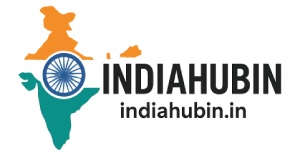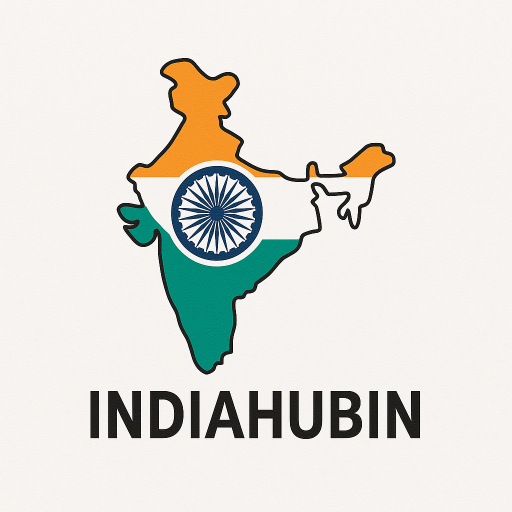Sarbvir Singh Joint Group CEO, PB Fintech: If you have multiple health insurance policies, start with the one offering the highest cashless coverage to reduce out-of-pocket expenses. For any uncovered amount, you can file for reimbursement with the second insurer by submitting the claim form, bills, discharge summary, prescriptions, and the settlement summary from the first insurer. If there is still some balance left, the third insurer can be approached similarly. That said, having multiple policies is usually not necessary. A single, comprehensive policy with a high sum insured is sufficient to cover most medical needs. The good news is that upgrading your sum insured from Rs 10 lakh to Rs 1 crore can cost just 10-15% more in premium. Given the minimal additional cost, it’s a smarter and simpler way to ensure you are well-protected.
Also read | I am 55 years old and have Rs 50 lakh lump sum. How can I invest it to build wealth in 5 years?I am 30 years old. I recently got an individual health insurance plan after learning about its benefits. However, I’ve also read that premiums are increased annually regardless of the age at which one starts. Is there an advantage for me in starting now as opposed to doing it after 10 years? Will a continuous coverage for a decade lead to significantly lower premiums in my 40s compared to starting at that age? What other benefits would I have at 40 compared to a fresh policyholder, or is this just an insurance marketing gimmick?
Sarbvir Singh Joint Group CEO, PB Fintech: Young consumers often overlook health insurance, but starting early is crucial. While premiums increase with age, the benefits of starting early far outweigh the costs. One key advantage is guaranteed coverage, as many applicants aged over 35 years face rejections due to illnesses like strokes or cancer. Starting early minimises this risk. Modern plans also lock your entry age for premium calculations until you make a claim, ensuring affordability and sustainability. Wellness benefits reward healthy living, offering discounts or even full premium offsets, which can lead to significant savings over time. Noclaim bonuses further amplify the advantages, allowing the coverage to grow exponentially. For example, a Rs 10 lakh policy could grow to Rs 1.1 crore by age 40, compared to a Rs 10 lakh base coverage for someone starting later. Starting early also helps you serve waiting periods and reducing exclusions when you may need medical coverage the most. Lastly, early coverage shields against unexpected emergencies, protecting you financially and providing long-term savings and security that late starters cannot match.
Ask our experts
Have a question for the experts? etwealth@timesgroup.com


